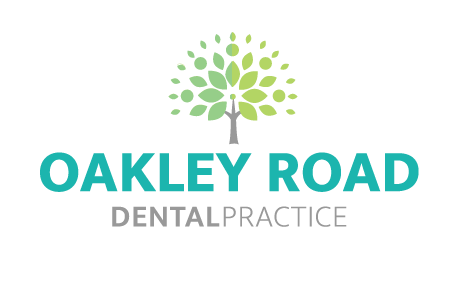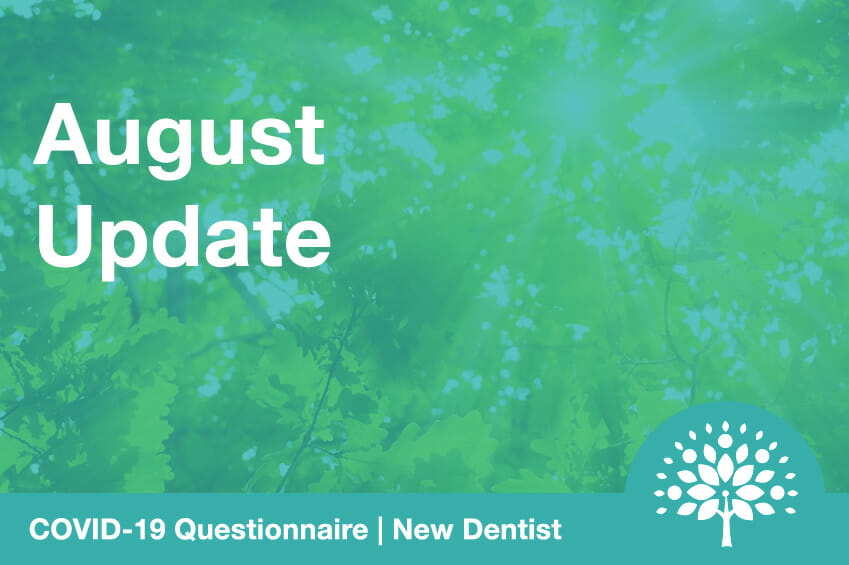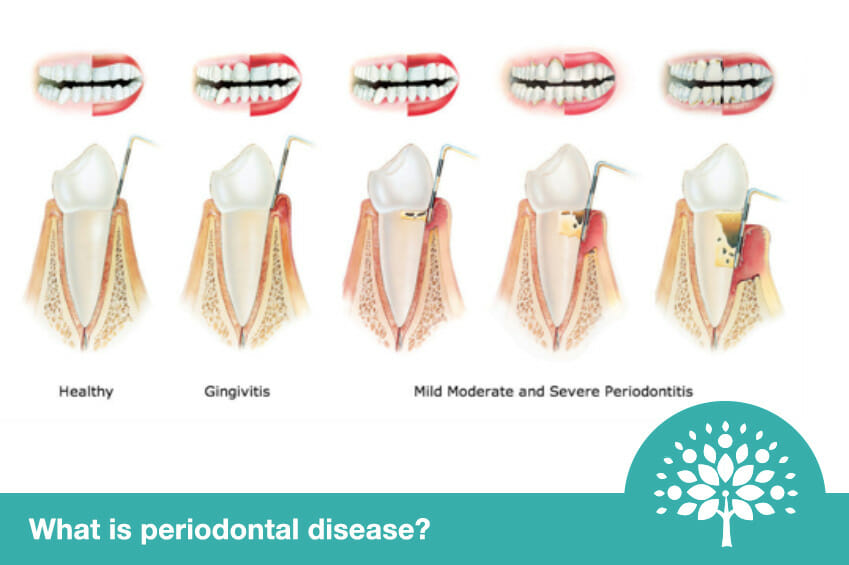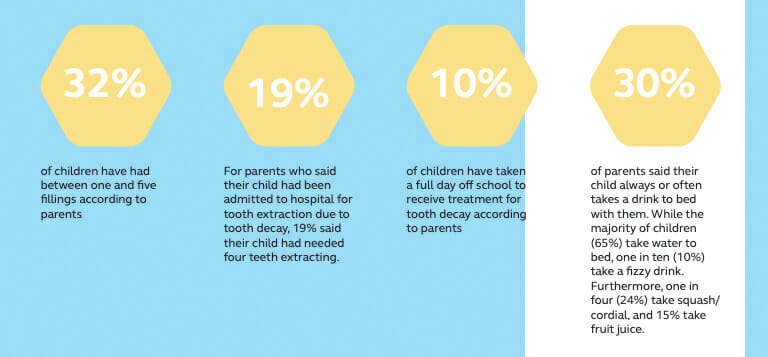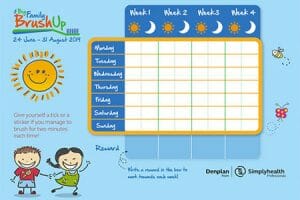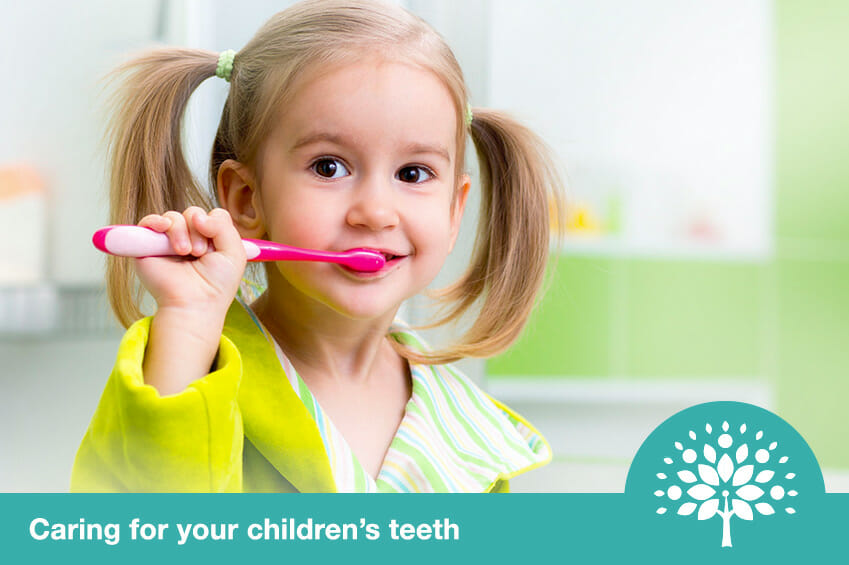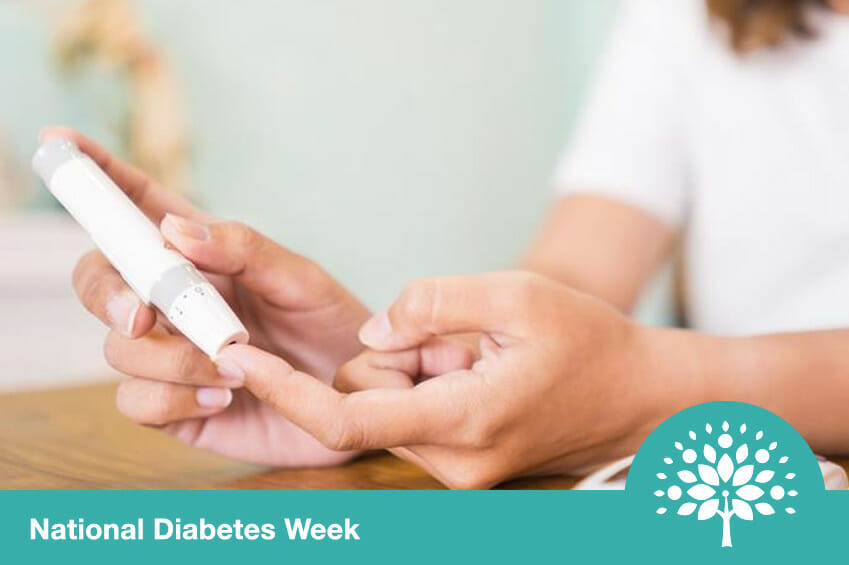
September Update from Oakley Road Dental
How can we already be at the beginning of September and the kids going back to school next week?
We have certainly had a very eventful year, not necessarily a good year. This year has certainly made a lot of people reassess their lifestyles.
We at Oakley Road Dental Practice have also had to reassess everything ranging from appointment types and how appointments are booked. Hopefully we have found the most suitable pathway for most people considering the limitations we have with the pandemic not disappearing as previously hoped for.
We have as yet not activated the recall system but we would like to invite anybody that would like to have a check up or have any dental related problem that they would like looking at to please call us: . We will be able to book those appointments for you as of October so it is best to ring as early as you feel comfortable.
We would like to invite you to book with our Dentist Neha and Hygienist Ian, quite a few of our patients have attended appointments with them and have given them rave reviews!
Please don’t forget to keep your hands sanitised and wear masks which are all available to buy at the practice.
As always, we look forward to seeing you soon, take care and stay safe!
